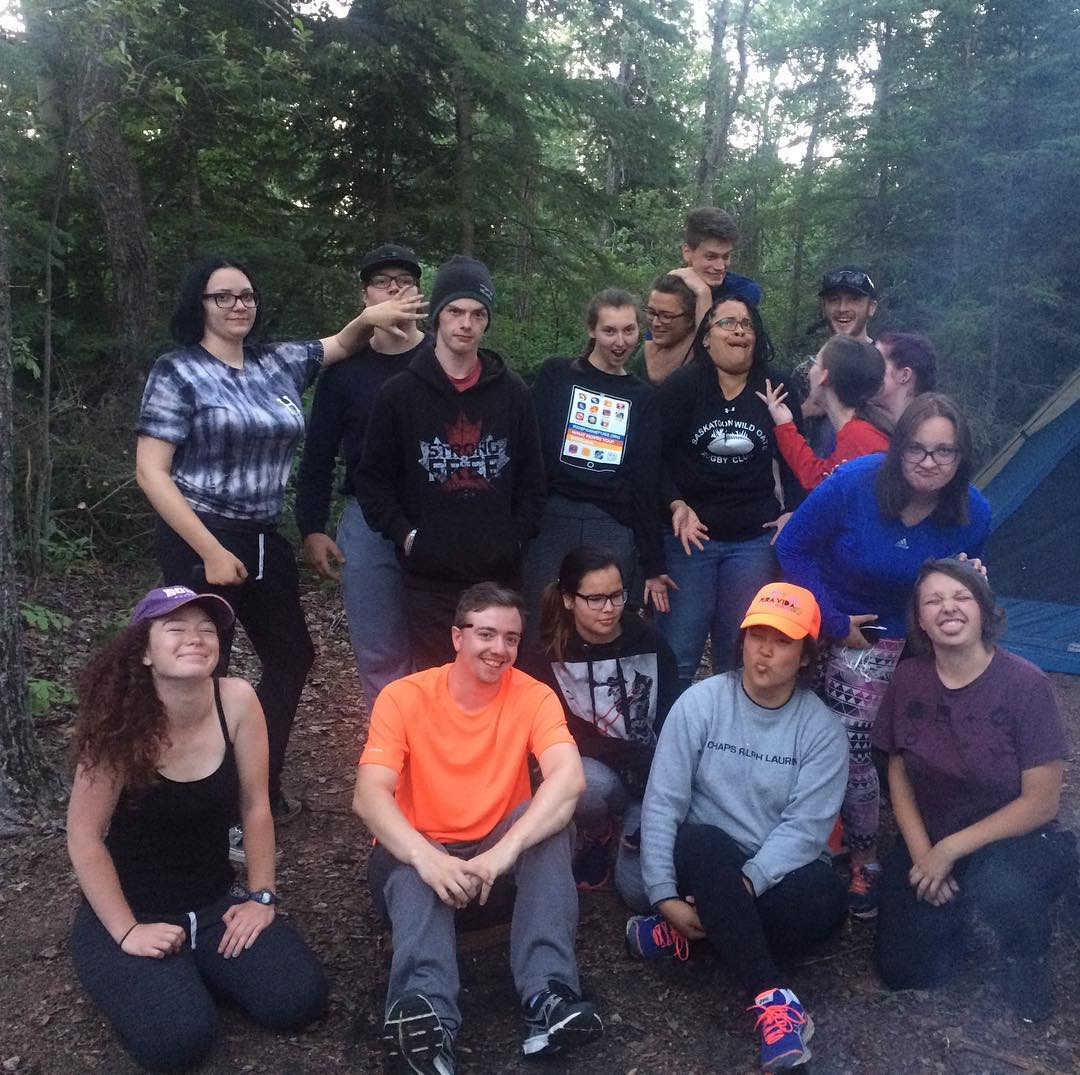When business managers bring up the subject of a staff retreat to their teams, it can often elicit moans and groans. While booking a hotel as your venue will alleviate some of the complaints, you know the extra expense will damage your bank balance. The cheaper way to run a staff retreat is to do it outdoors, finding somewhere to camp for the weekend. For many employees, the very idea will cause them to start making plans for sick days during the dates the retreat is planned for, which is a pity.
You see, a staff retreat should be….
… a place where relationships across the team are strengthened
… a time to solve business and team-related problems
… an opportunity to develop skills and to overcome weaknesses
… a place where you can engage with your employees on an informal level
But if your team are resistant to the idea, you are going to have problems. Therefore, you need to plan something they will hopefully enjoy. Here’s how you can do it.
Talk to your team
Don’t plan the retreat alone. To ensure your team profits from the retreat, let them all in on the planning. Give them input on some of the decision-making, such as the location and activity ideas. The more say they have, the more likely they are to enjoy the experience.
Utilize your team
During the retreat, you will probably be leading some of the sessions yourself, as well as using external companies to facilitate some of your sessions. That’s great, but don’t forget your team. If any of them have particular skills, it may be worth asking them to lead the occasional session too. Of course, only do so if they feel comfortable. You are fast-tracking the number of sick days again if you impose this responsibility.
Remember individual needs
You can’t please everybody all of the time, but it’s still important to remember individual needs. There may be activities that are unsuitable for some people, so ensure your planning is based around inclusivity. Planning a mountain hike when a member of your team is in a wheelchair, for example, is obviously a big no-no, unless you can offer alternative activities. Again, this should all be made clear in the early days of your planning, as you will get an idea of team requirements by speaking to them.
Plan interesting activities
As we said earlier, the thought of team-building activities can send your team into a panic. Those blindfolded walk through the woods to test endurance and team communication skills are not everybody’s cup of tea! Therefore, consider team-building activities your team will enjoy, using the relevant ideas in the link as examples for your planning. The more fun you can have, no matter how challenging the activities set, the less likely your team is to hate you! There are great ideas available even on how to start the activity with great ice-breaker questions.
Plan for food and drink
You will have to bring your own food and drink, so remember those cooler bags to keep everything nicely chilled. You will need a stove, utensils, and enough disposable cups and plates for everybody. If you’re planning on bringing alcohol, remember ice packs too, as well as a mini CO2 regulator (it’s easier to lug around than a CO2 tank) if you’re bringing your draft beer or some Canadian Craft Beer. Either way, a beer can be a great addition to your drink selection, offering a variety of flavors that everyone can enjoy. Also, take note of food and drink requirements for each team member, making special note of allergies and intolerances. Additionally, consider bringing along a selection of non-alcoholic beverages and a variety of snacks to cater to different preferences.
And relax…
Finally, find time to relax with your team. While in the outdoors, there is much scope for sightseeing, gentle walks, and rest within nature. It’s in the downtime when growth will take place, as each person relaxes in each other’s company. In some ways, this time is more important than that allotted for structured activities, so ensure there is plenty of time to enjoy what the great outdoors can offer you all. Hopefully, your team will enjoy the experience, ensuring the next time you mention an outdoor retreat, there will be gasps of expectation rather than all-out fear!

